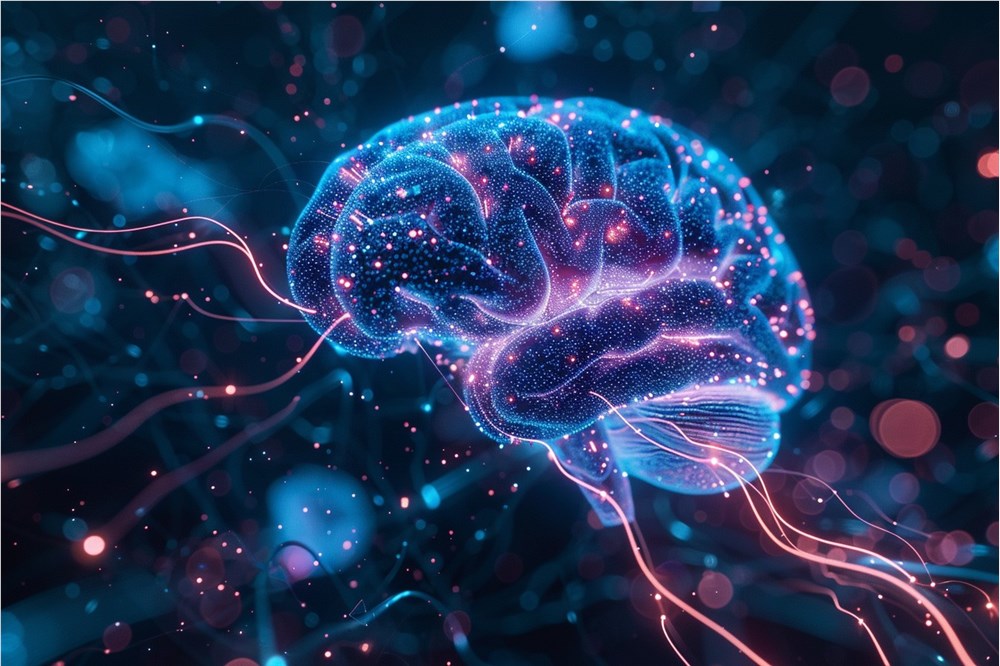Artificial intelligence is revolutionizing the medical field, with significant progress being made in mental health diagnosis in particular. A research team from Kaunas University of Technology has developed an advanced depression diagnosis model using speech and electroencephalogram data, providing a new way for more accurate disease identification. This model breaks through the limitations of traditional single data diagnosis and improves the diagnosis accuracy to an impressive 97.53% through multi-modal data analysis. This research not only demonstrates the huge potential of artificial intelligence in the medical field, but also brings new hope to millions of depression patients around the world.
The core of this research is to use the emotional information contained in speech data, such as speech speed, intonation and emotional energy, and combine it with EEG data to conduct deep learning model analysis. The research team transformed the data into a visual spectrogram and finally achieved a highly accurate diagnosis of depression. However, the research leader also pointed out that the difficulty that needs to be overcome in the future is how to make AI not only give diagnostic results, but also explain the basis of the diagnosis, making the diagnostic process more transparent and credible. This technology provides a more precise tool for mental health intervention while protecting patient privacy, and heralds the direction of future medical technology development.

By converting EEG and speech data into visual spectrograms, the research team used an improved deep learning model to ultimately increase the depression diagnosis accuracy to an astonishing 97.53%. This means that AI is expected to provide more objective and accurate tools for mental health diagnosis in the future.
Research leader Professor Maskliunas admitted that the future development of this technology still faces challenges. How to make AI not only give diagnostic results, but also explain the basis of diagnosis is the next difficulty that needs to be overcome.
What is even more thought-provoking is that this research reflects the huge potential of AI in the healthcare field. While protecting patient privacy, using technology to provide more precise intervention for mental health may become an important direction in future medical technology.
Depression affects 2.8 million people worldwide every year, and the emergence of AI may bring hope for timely and accurate diagnosis to countless patients.
This breakthrough research provides new ideas for the application of artificial intelligence in the field of mental health and points the way for the future development of precision medicine. Although challenges still exist, the potential of artificial intelligence in improving diagnostic accuracy and improving patients' lives cannot be ignored, and deserves our continued attention and in-depth research.